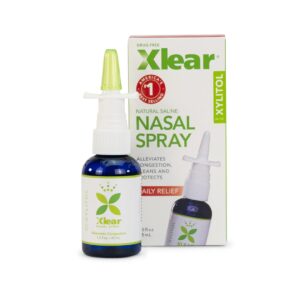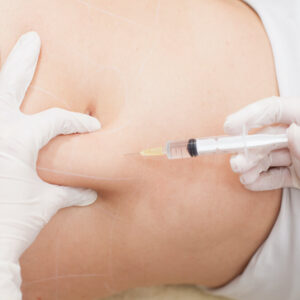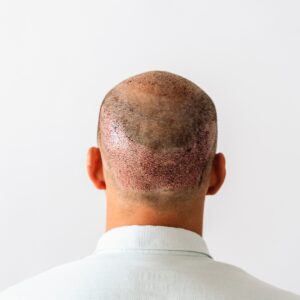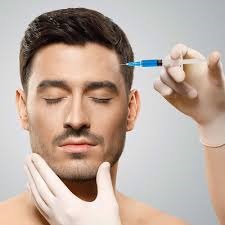Imagine biting into something you’ve eaten a hundred times before, only to feel an uncomfortable crack. Or waking up to a swollen cheek and a pounding toothache that makes coffee, toast even breathing a real challenge. Dental problems like these never seem to happen at a “good” time, and they often leave us unsure of whether we need urgent care or a bit of patience.But here’s the truth: when it comes to broken teeth, swelling, and sudden pain, a calm plan makes all the difference. Knowing when to act, who to call, and what you can do until help arrives puts you back in control.
What Truly Counts as a Dental Emergency?
A dental emergency isn’t just about how bad something feels it’s about how quickly it could get worse. A sudden pain might just be a filling that’s come loose. But if it’s left unaddressed, it could become an infection or even lead to tooth loss.
Clear signs of a dental emergency include:
- A knocked-out or loose adult tooth
- Severe toothache that doesn’t improve with over-the-counter pain relief
- Persistent mouth or gum bleeding
- Facial swelling especially if it spreads or affects vision, speech, or breathing
- Abscesses or visible pus in the gum
- Sudden sensitivity that worsens rapidly
When any of these symptoms strike, contacting an emergency dentist in Newton Abbot should be your first move. They’re trained to assess whether you need immediate intervention or if a scheduled visit will do.

What to Do Before You Reach a Professional
Knowing how to respond in the first few minutes can make all the difference—whether it’s to save a tooth, manage pain, or simply stay calm.
| Situation | Immediate Action |
| Knocked-out tooth | Handle by the crown, rinse gently, and place in milk or back in the socket. |
| Cracked molar | Rinse with warm water, avoid chewing on that side, and take paracetamol. |
| Swelling in the face/jaw | Apply a cold compress externally and contact an emergency dentist immediately. |
| Lost filling or crown | Cover the area with sugar-free gum or dental cement from a pharmacy. |
| Bleeding gums or mouth | Apply gentle pressure with sterile gauze; if bleeding continues, call your dentist. |
Quick action often prevents long-term complications. If you’re not sure whether your symptoms are serious enough, it’s safer to ring an emergency dentist in Newton Abbot than wait and see.
Braces, Aligners, and Accidental Damage
Orthodontic treatment is a great step toward long-term dental health but it doesn’t make your mouth immune to emergencies.
If your appliance breaks or becomes painful:
- Use orthodontic wax to cushion sharp wires or brackets.
- Avoid foods that could make the damage worse (no nuts, chewy sweets, or crusty bread).
- Contact your orthodontist Newton Abbot to find out if a repair is needed urgently or can be scheduled.
Even if the damage doesn’t hurt, continued wear of a faulty appliance may affect your progress so don’t ignore the issue.
Pain Levels: A Telling Symptom
Not all dental pain is created equal. A bit of discomfort when biting might point to a mild issue. But the kind of pain that interrupts your sleep or comes in waves? That’s more serious.
Here’s a quick way to gauge urgency based on pain type:
- Dull ache: Possibly caused by grinding or sinus pressure, monitor it, but it’s not urgent.
- Sharp, sudden pain: Could indicate nerve exposure or a cracked tooth. Needs prompt evaluation.
- Throbbing, persistent pain with swelling: A strong signal for infection. Call for help now.
If pain prevents you from eating, drinking, or speaking normally, a consultation with an emergency dentist in Newton Abbot is your next step.
What to Expect During an Emergency Dental Appointment
Facing a dental emergency often brings anxiety about what’s going to happen next. Thankfully, knowing the basic process can take some of the fear out of the unknown.
A typical emergency visit includes:
- Triage and Assessment: A dentist will ask detailed questions about your symptoms and perform an exam possibly with an X-ray.
- Immediate Care: This might mean draining an abscess, performing a temporary filling, prescribing antibiotics, or extracting a severely damaged tooth.
- Follow-up Plan: If complex work is needed, you’ll get referred or scheduled in for further treatment
If braces or other appliances are involved, your orthodontist Newton Abbot may be looped in for additional input or support.
Understanding the Cost (NHS vs Private Clinics)
Worried about what it’ll cost to fix the problem? Let’s break it down.
NHS Emergency Costs
Emergency dental treatment on the NHS generally falls under Band 1, costing £26.80 (2025 rate), and includes:
- Assessment
- Temporary relief (e.g., filling, prescription, or extraction)
If more complex work is needed afterward, you’ll move up to Band 2 or Band 3, with additional charges.
Preventing the Next Emergency
Not all emergencies can be avoided but many can.
Here’s how to reduce your risk of a repeat scenario:
- Attend dental check-ups every 6 months, or more often if advised.
- Use a mouthguard during contact sports or night grinding.
- Limit sugary snacks and acidic drinks they’re rough on enamel.
- Don’t ignore minor symptoms, cavities and gum issues build over time.
- Stay in contact with your orthodontist Newton Abbot throughout your treatment to catch issues early.
And yes flossing really does help prevent more than just bad breath. Keeping your gums healthy reduces your risk of abscesses and swelling.
Conclusion
When your teeth crack, your face swells, or pain won’t let up, knowing how to respond quickly and calmly can turn chaos into clarity. Whether it’s a knocked-out tooth, a broken brace, or a stubborn swelling, having a clear idea of what to do and who to call gives you the confidence to act when it matters most. Trust in your instincts, rely on local professionals, and don’t wait when something feels wrong. Your future self will thank you.









